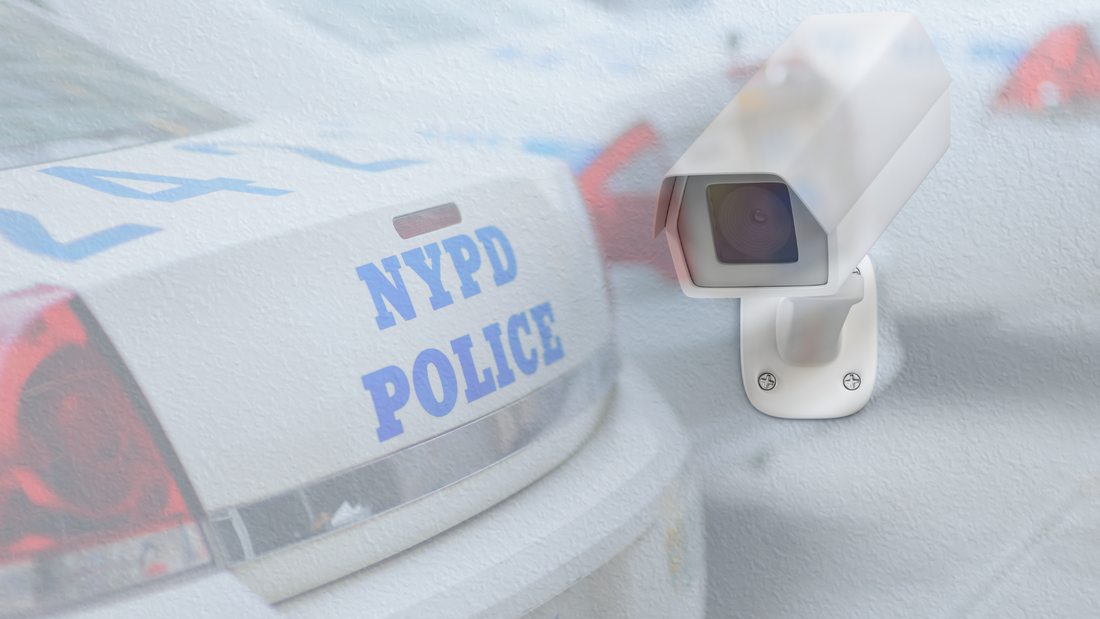NYPD’s Angwang Case This week, Baimadajie Angwang, an officer of the New York Police Department, appears before an administrative judge to make a bid to remain on the force. The long journey of Angwang – from Tibetan refugee to U.S. Marine in Afghanistan, to police officer, to accused spy – shows how an American can have his reputation destroyed and his freedom threatened by secret charges.
As a teenager, Angwang visited the United States on a cultural exchange program only to be beaten by Chinese police on his return to his homeland. He fled the country and successfully sought asylum and citizenship in the United States, serving as a Marine. Angwang joined the NYPD in 2016, married, and became a father. On the morning of Sept. 21, 2020, Officer Angwang was confronted in front of his home by four souped-up pickup trucks squealing to a halt, half-a-dozen officers in tactical gear piling out, and rifles pointed inches from his face. Angwang was charged with spying for China on his fellow Tibetans in New York and lying on a security form. Angwang was held in the Metropolitan Detention Center in Brooklyn for five months. The conditions in that jail are wretched, far worse than those of most prisons. Angwang had to borrow underwear from another prisoner. The facility lost power, leaving desperate prisoners to suffer in the cold through a bitter January. When Angwang fell ill, guards ignored his pleas for help. What was Angwang’s alleged crime? It grew out of his quest to secure a long-term visa from the Chinese consulate to visit his elderly parents in Tibet and allow them to meet their granddaughter. In extensive conversations with a consular official, Angwang had tried to get this visa by demonstrating that he was friendly and apolitical. Angwang’s lawyer, John F. Carman, wrote to a federal judge that his client tried to strike a “solicitous tone and accommodating posture.” Prosecutors said that Angwang invited Chinese consular officials to NYPD events and reported on the activities of other Tibetans in New York. The prosecution’s case was based on calls and likely texts between Angwang and the consulate, all secretly recorded. To be fair, the government arguably has good reason to watch how Chinese diplomats try to convert American citizens into spies. Furthermore, the government did obtain a warrant to surveil Angwang. Carman said that evidence from these communications, however, was misinterpreted and taken out of context by prosecutors. In court, Angwang faced a dilemma shared with many charged with evidence they are not allowed to see. In such cases, when classified evidence is introduced in a trial, the judge and prosecutors secretly determine in a sealed court what evidence can be seen by the defense attorney and what can be presented in court. In August 2022, Carman read a single-page summary of these charges in the prosecutor’s office. “What I saw was so powerful, it caused me to write the judge and ask if that’s what they have, why hasn’t there been a motion to dismiss?” Carman told The New York Times. In January, prosecutors dropped the case, citing a “holistic” assessment of the evidence and “additional information bearing on the charges.” Now Angwang is asking an administrative court to let him keep his job as a New York City police officer. If he loses his job, Angwang will have to seek another job with a resume and a reputation forever under the shadow of secret evidence. “It creates a cloud of mystery,” Carman said. “You only have to assume that this guy did stuff that was bad for the country. Which is an inference that’s easily drawn, but in this case should not have been drawn.” And should a defendant like Angwang, who escapes the crosshairs of secret evidence, sue the government for compensation, the state secrets privilege will ensure that he cannot win. The evidence against the government, you see, must remain secret. The defamatory effect, however, lives on. Is there really a good justification – the protection of sources and methods – for withholding so much of a secret case? Can the government at least issue a note of exoneration for Angwang and others when secret charges are dropped? Comments are closed.
|
Categories
All
|


 RSS Feed
RSS Feed